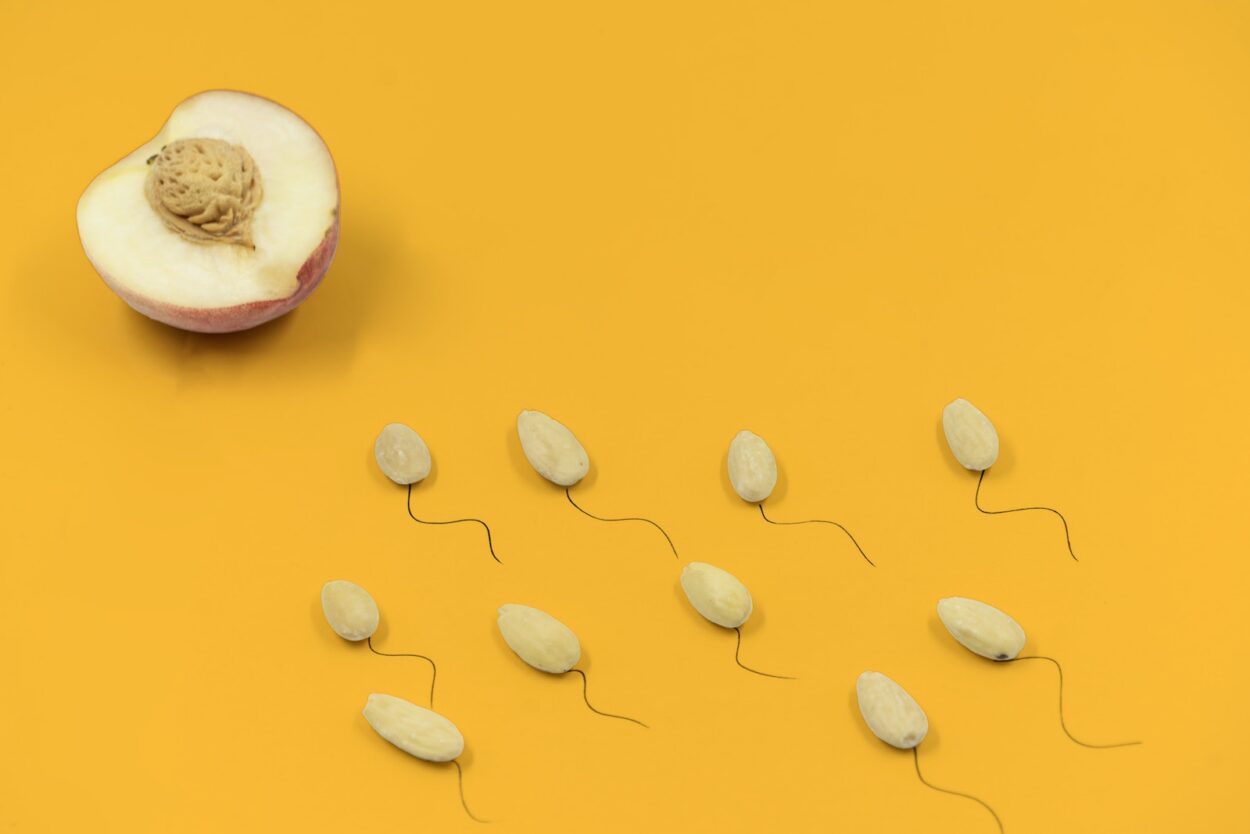Many women have been told by well-meaning friends to pee after sex. The reasoning behind this advice is that pee flushes the urethra, which sits right next to the vagina in female anatomy.
However, peeing after sex won’t prevent sexually transmitted infections (STIs). STI bacteria are absorbed through tiny tears in the mucus membranes, which is what causes them.
It’s Not a Science-Backed Timeline
The reason why peeing right after sex is recommended, even if you’re trying to conceive, is that it decreases the chances of urinary tract infections (UTIs). This is because bacteria from your genitals can make its way up into the urethra — the tube that combines your bladder and the outside world — and cause an infection. Urinating after sex flushes out the bacteria in your urethra.
But despite the fact that it decreases the likelihood of an infection, it does not prevent pregnancy. That’s because during unprotected sex, the semen your partner ejaculates enters the vagina, not the urethra. Semen travels upward from the penis to the uterus via the cervix and fallopian tubes; urine goes down through the urethra. They’re two different openings, so releasing pee in one won’t affect the sperm swimming up in the other.
The only way to prevent pregnancy after a time of unprotected sex is by using a barrier method such as condoms or emergency contraception, such as the morning after pill. It is also important to wait until your ovulation date to have sex, as it is more likely to lead to pregnancy when you’re closer to ovulation. You can easily find out when you’re ovulating with a simple ovulation kit. This includes a clear digital chart and a clear test strip that can be read from anywhere.
It’s OK to Give Thought to All the Old Wives’ Tales
When trying to conceive, there’s so much advice out there about how to boost your chances of pregnancy, and some of it is very old-fashioned. But that’s not necessarily a bad thing! The human mind is very imaginative, and when people are under the pressure of trying to conceive, they might come up with all kinds of odd tricks.
Those little tricks might help make the conception process just a bit more smooth, and they can certainly be a fun way to bond with your partner. However, it’s important to remember that sperm is one part of the equation when it comes to getting pregnant, and there are a lot of other things that can play a role.
For example, there is only a small window of time in the menstrual cycle when you have a reasonable chance of becoming pregnant after unprotected sex: on the day of ovulation or within five days prior to it. This is known as the fertile window, and if an egg gets fertilized during this time by a sperm that’s been swimming competitively for it, then pregnancy can occur.
This is why it’s so important to use protection (via condoms or oral contraceptives) whenever possible, regardless of whether you’re trying to conceive or not. It’s also why we suggest tracking your period with an app like Flo, so you know when you’re most likely to be able to get pregnant.
It’s Not Necessary
The biggest reason to pee right after sex is that it may help prevent urinary tract infections (UTIs). These occur when bacteria enter the bladder through your urethra, and they often come from STIs like herpes, chlamydia, or gonorrhea. It’s not a foolproof way to avoid STI-related UTIs, but it’s something that everyone should try.
During unprotected sexual activity, your male partner’s penis ejaculates sperm into your vagina. This sperm then travels up through the fallopian tubes to the uterus, where it can combine with an egg and become a baby. It’s only possible to conceive during a very small window of time in each menstrual cycle, which is usually the day after ovulation or the five days before.
When you’re trying to conceive, it’s important to get rid of as much sperm as possible to increase your chances of fertilization. That said, you shouldn’t rush to the bathroom the second after sex, either. The sperm will still have plenty of time to swim up through your fallopian tubes to reach your ovaries. And urinating won’t kill the fast-swimming sperm in your vagina, according to Planned Parenthood. The only thing that will kill sperm is when it’s forced down your urethra, which can happen if you’re not careful while having sex. That’s why it’s always a good idea to wear condoms, even when you’re not trying to conceive.
It’s Not a Bad Idea
If you are trying to conceive, practicing safe sex means many things: getting tested for sexually transmitted infections (STIs) before and after sex, using condoms if you aren’t planning on having a baby, and running to the bathroom right after to make sure nothing goes into your uterus. However, some women may worry that peeing after sex could decrease their chances of becoming pregnant.
According to Planned Parenthood, peeing after sex doesn’t decrease your chance of getting pregnant. In fact, it’s a good idea because it can help prevent UTIs, which are more likely to occur after sexual activity and can interfere with fertility.
The sperm that is ejaculated into the vaginal canal enters the female body through the urethra, which is attached to the anus. Urinating after sex washes bacteria away from the urethra, which can then prevent it from entering the bladder.
However, it’s important to note that urinating after sex won’t prevent pregnancy in women who have a partner with an STI. Only using contraceptives, including oral and intrauterine devices and condoms, can prevent pregnancy. This includes emergency contraception, which can be purchased over the counter at pharmacies and is effective up to 72 hours after unprotected sex. It is also important to know that unprotected sex increases your risk of pregnancy, even when you have a low number of sperm in the vagina.




Leave a Comment